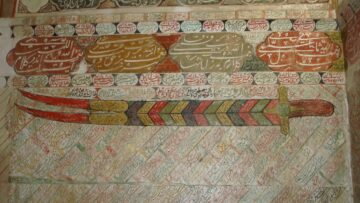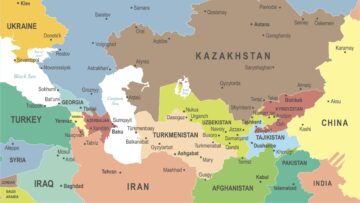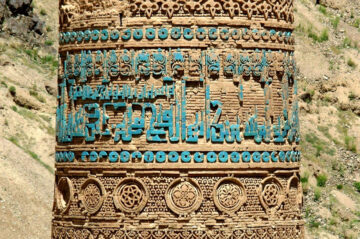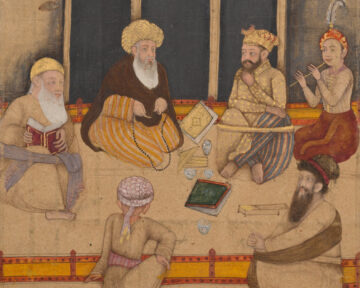
-
Status
Ended -
Date
17 Dec 2019 to 18 Dec 2019 -
Location
Aga Khan Centre
The focus of the research and publications of the Qur’anic Studies Unit at The Institute of Ismaili Studies (IIS), London, has hitherto been on scriptural exegesis within Islam, including interpretations which may be termed, for lack of a better word, esoteric. The current workshop and projected volume involve a much wider lens, extending from esoteric interpretation in Islam to many other religious traditions. In this sense, the workshop is the first of its kind convened at the IIS.
The aim of this two-day workshop, which brings together some of the foremost scholars in their fields, is not to align itself with any given school or approach, but to investigate the complex interplay of scriptures and the esoteric intellectual cultures and spiritualties that they shape. The very definition of what ‘esoteric’ refers to, or should refer to, is disputed in scholarship; it may also be used differently in different disciplines and across the diverse traditions. Hence ‘esoteric’ is used here pragmatically and heuristically.
If scriptural authority has, prima facie, shaped the variety of esoteric cultures in question, those cultures in turn have also in some sense formed their scriptures by a process that can be described as disinterring meanings implicit within them, or as bearing out the semantic potentialities of sacred texts. This disinterring of meanings can be highly ingenious and even constitute a re-description that has sometimes been designated ‘radical interpretation’, in the sense of a deep transference of signification.
Whereas it may be argued that exoteric interpretation in principle aims to engage with such texts in a task of faithful elucidation, commentary and historical contextualisation, esoteric interpretation digests and reconfigures them in the light of doctrines that are initiatory, or in the light of the consciousness and selfhood of the individual esotericist or mystic, who is, in turn, entextualised. It is arguable that methods such as eisegesis and allegoresis need re-assessment and to be given a positive connotation, in contrast with their disparagement in certain modern scholarly discourses.
The seven panels in this workshop are not arranged chronologically or by tradition, but are grouped thematically. The event invites speakers and audience to apply a multifocal perspective to some of the ‘radical’ hermeneutical approaches to scripture across historical traditions – Abrahamic, Gnostic, Indo-Iranian – to scrutinise specific examples, juxtapose them and, ultimately, to explore correlations where possible.






